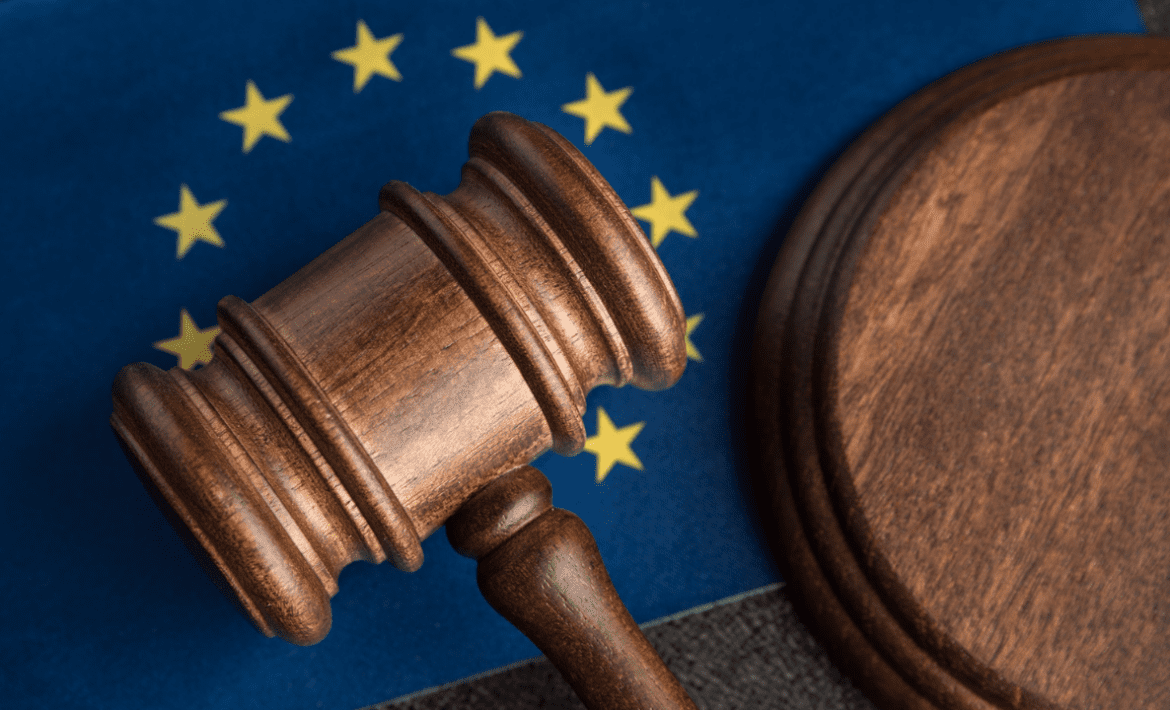TikTok has been fined €530 million by Irish DPC
TikTok has been fined €530 million by the Irish DPC for unlawful data transfers to China and lack of transparency. On 2 May 2025, the Irish Data Protection Commission (DPC), acting as lead supervisory authority under the GDPR, published its final decision in an inquiry into TikTok Technology Limited’s data transfers from the EEA to















